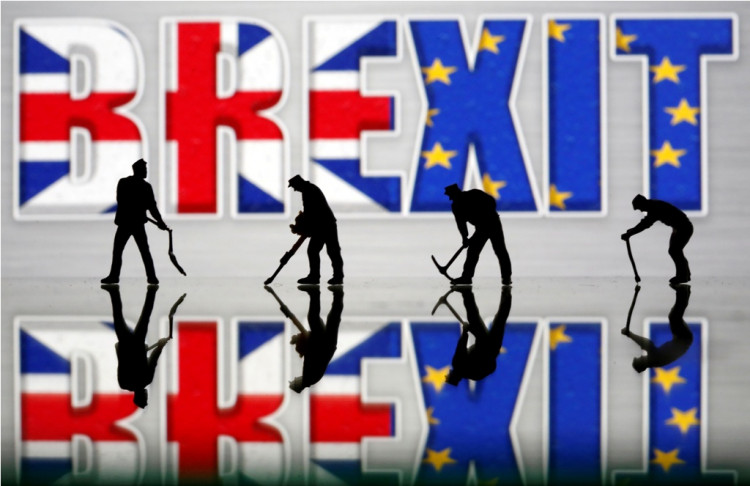Jacob Rees-Mogg recently admitted he made a key miscalculation in the Brexit process, saying he was 'naïve and made a mistake.'
The Brexiter admitted openly that he had displayed a "degree of naivete" in considering that the Prime Minister, Theresa May, would back a no-deal Brexit, which had led the United Kingdom into an extension lasting six months for the purpose of avoiding this month's no-deal Brexit.
On the Channel 4 News, English journalist Gary Gibbon commented on how Rees-Mogg had made a mistake in his calculations regarding Prime Minister May's resistance to the no-deal Brexit. The political editor pointed out how Rees-Mogg "underestimated" May's stance.
To this comment, North East Somerset's Member of Parliament conceded, saying the channel's former political correspondent was "absolutely right."
Rees-Mogg went on to say that his miscalculation was from a historical standpoint "can often be a mistake."
It is noted that, from the period starting in mid-November of 2018 to mid-January of 2019, the British government had invested some £12.4 million mainly to cover fees of external consultants hired as well as another £700,000 for a public relations campaign for the British Prime Minister's withdrawal agreement as well as hard Brexit design.
The external consultants were tasked to prepare a strategic alternative for the Irish backstop, which, in the first place, the Members of Parliament had already earlier expressed they would not be supporting.
The same team was also instructed to prep the people for a no-deal Brexit in the event of the British Parliament striking out on an agreement at the end of March.
However, despite the huge cost involved, the approach had failed to produce the desired result when the deal brokered by the Prime Minister fell flat, losing by a devastating vote of 220 in January.
Furthermore, the very same Members of Parliament who had shut out a no-deal Brexit voted down the withdrawal agreement on two separate occasions in March. This had pushed Prime Minister May to go for a considerable Article 50 extension which kept the United Kingdom within the European Union till the end of October this year.
In the light of this, the Cabinet stood to defend its decision for the huge expenditure made regarding the aforementioned preparations for the no-deal Brexit. It insisted that the move of engaging expert counsel had been a "responsible" one.
It is the stand of the Cabinet that the Government had acted responsibly, and that it will continue to go on taking the advice of specialists if it meant that the public would get a "successful exit" from the E.U.
The spokesperson for the Office of the Cabinet explained that the information submitted by the specialists contained data stretching over a crucial period, including consequential communication directed at businesses as well as the general public, which would help them "best prepare" for exiting the E.U.





